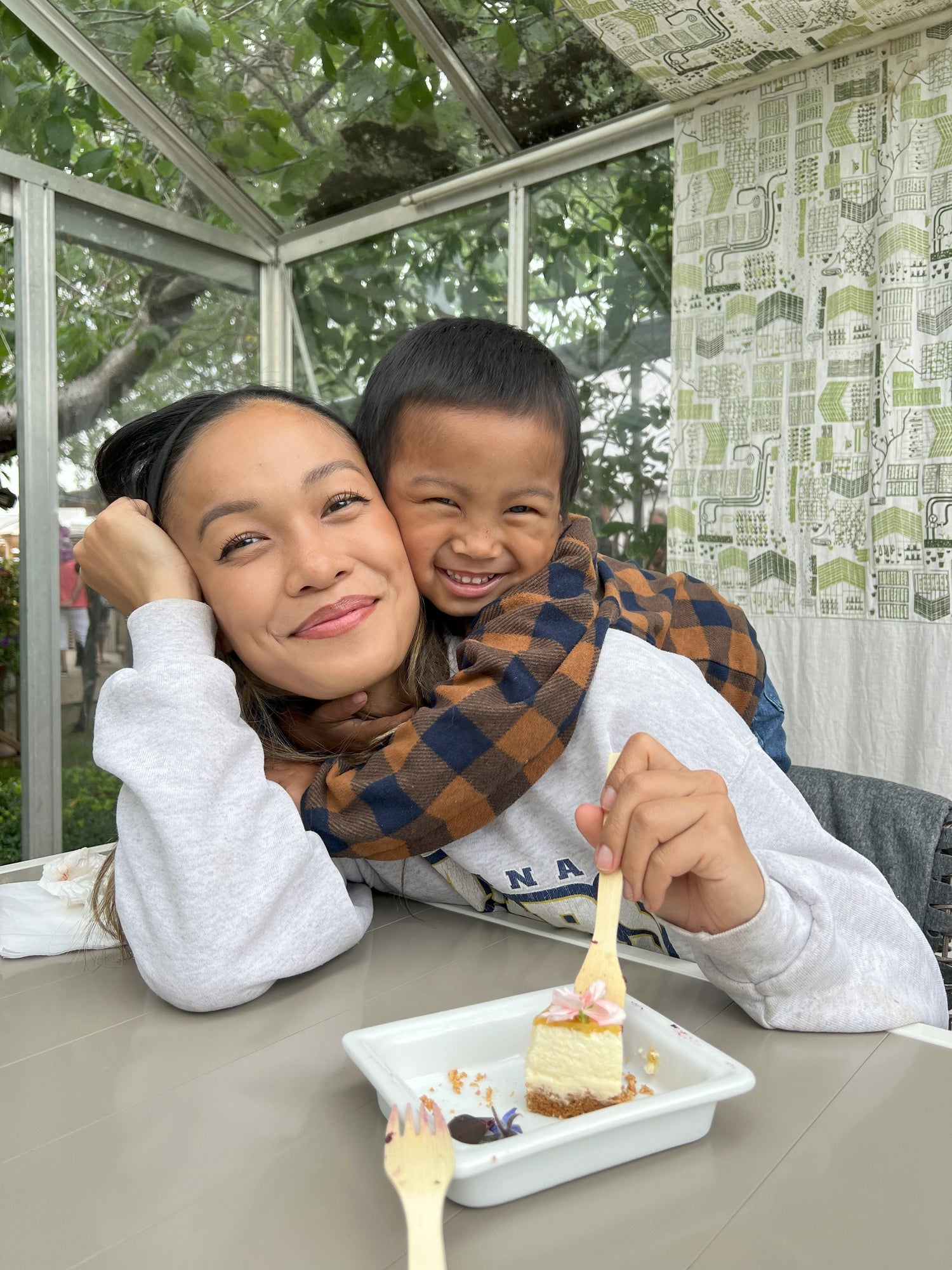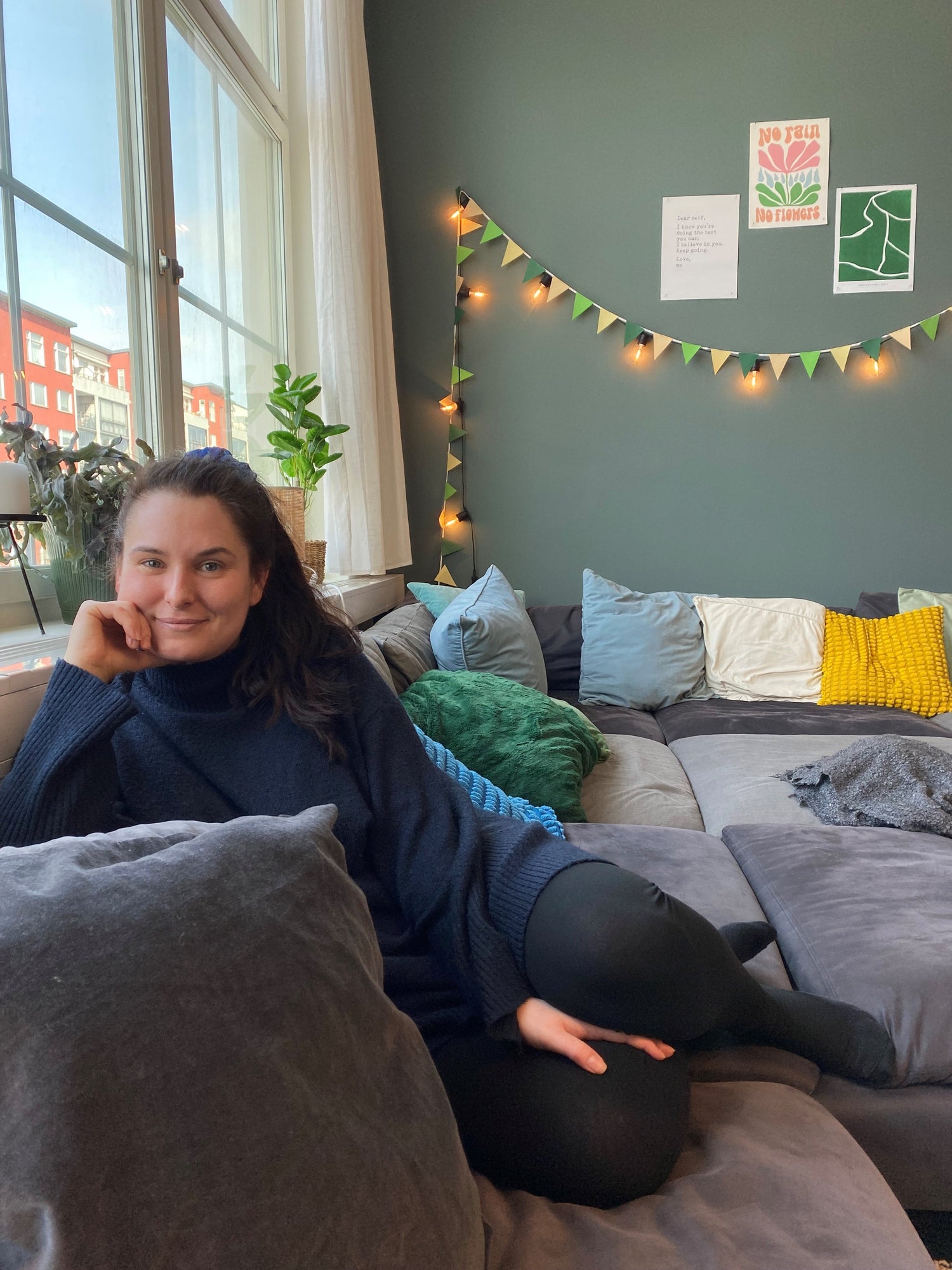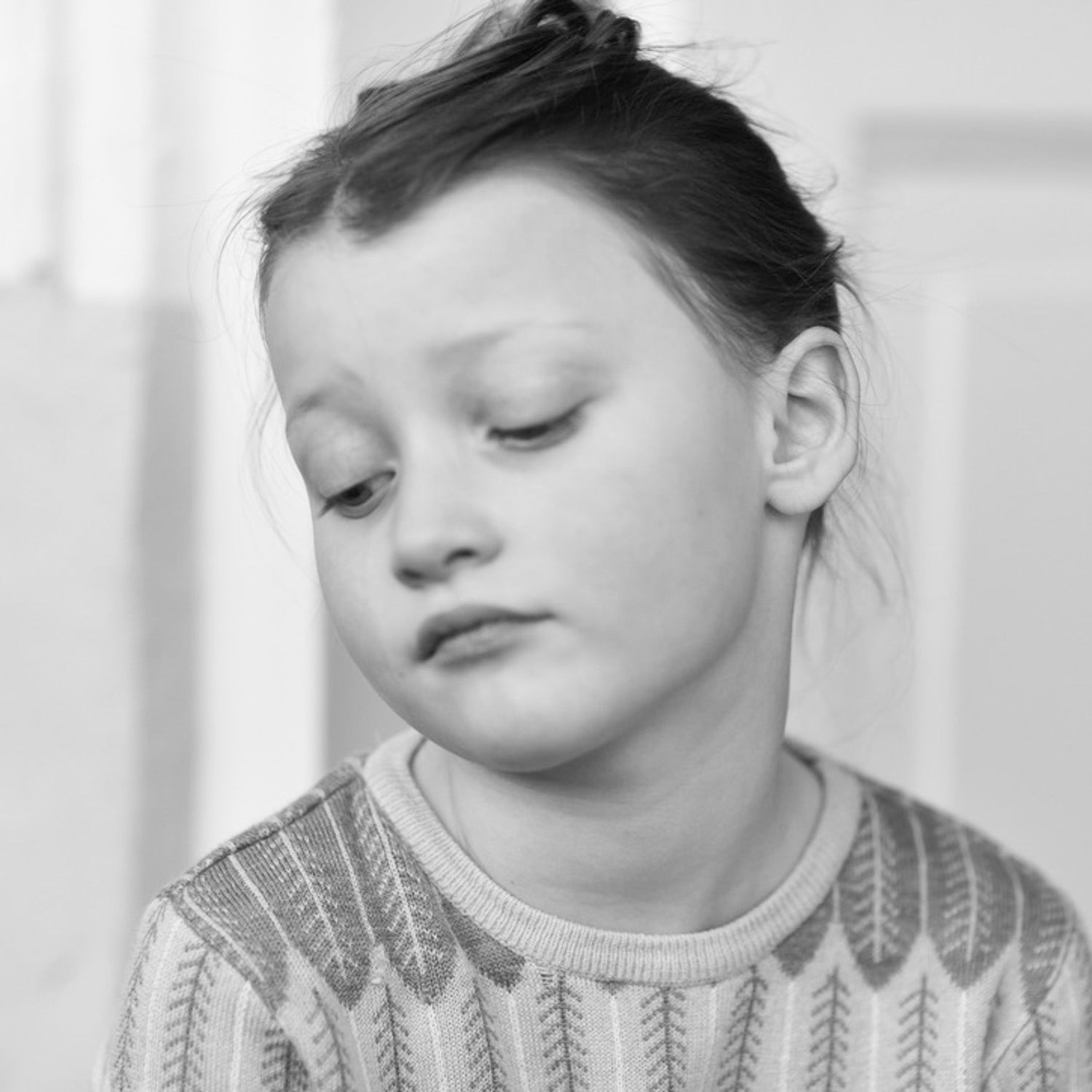Filippa is the founder of Bonki. Of course, when we have produced emotion cards for children, she has been thinking about her own childhood, and how emotions are experienced for children.
Small children experience many emotions, just like us adults. They feel frustration, shame, joy, anxiety, anger ... But unlike us adults, they don't have the words to describe them. Instead, their emotions appear on their face, body and behavior. I have been thinking a lot about my childhood when we have produced emotion cards for children.

“I was little in the late 80's and talking about how I, as a small child, felt was not something anyone thought of. "There is nothing to be afraid of!", "Stop now. All other children ... ”
From the time we are born, we begin to learn to deal with the emotions within us. We learn this by experiencing our reactions to the emotions we express.

“The more I wasn't supposed to be scared and worried, the more scared and worried I became. The more difficult I became for my mom who couldn't leave me anywhere. "
To be small and scared ...
As a kid, I was very scared. Afraid most of the time. Afraid that mom would disappear, afraid there was something in my wardrobe, afraid to be alone, afraid of being among people. When I think back to my childhood, many of my memories are characterized by an undefined concern.
I didn't know it was worry I felt, I didn't know why I was afraid. I never think I uttered those words at all. I just whined and sat against, and held on to my mom.
Being an adult and remembering ...
Now I am an adult and work with my feelings daily, much in relation to my children's feelings. Not to react with my feelings to their feelings.
In recent years I have spent a lot of time with our licensed Psychologist Ida Welbourn, creating our cards. Many and long discussions about how we view our children, give them and ourselves tools to manage their emotions. It is difficult!

A pervasive advice or perhaps guideline Ida always comes back to is that you have to listen. Not just on the words that are said but to the reactions and the action.
But at the same time you have to create a clear framework for how your child is allowed to act and how to express themselves, but express it with empathy for what the child is trying to say.





